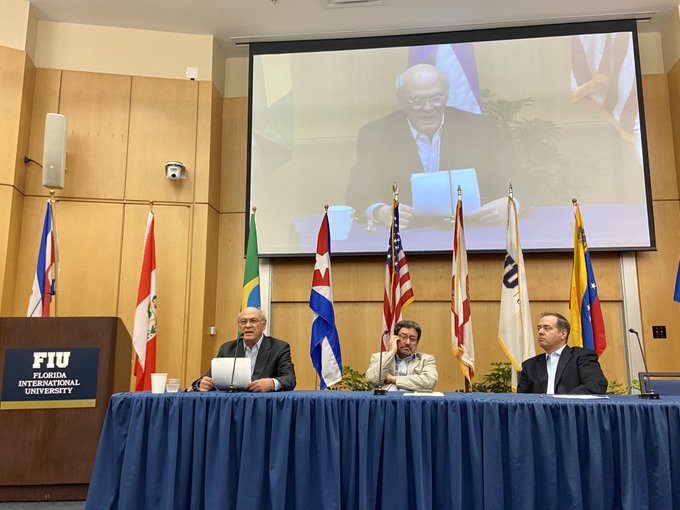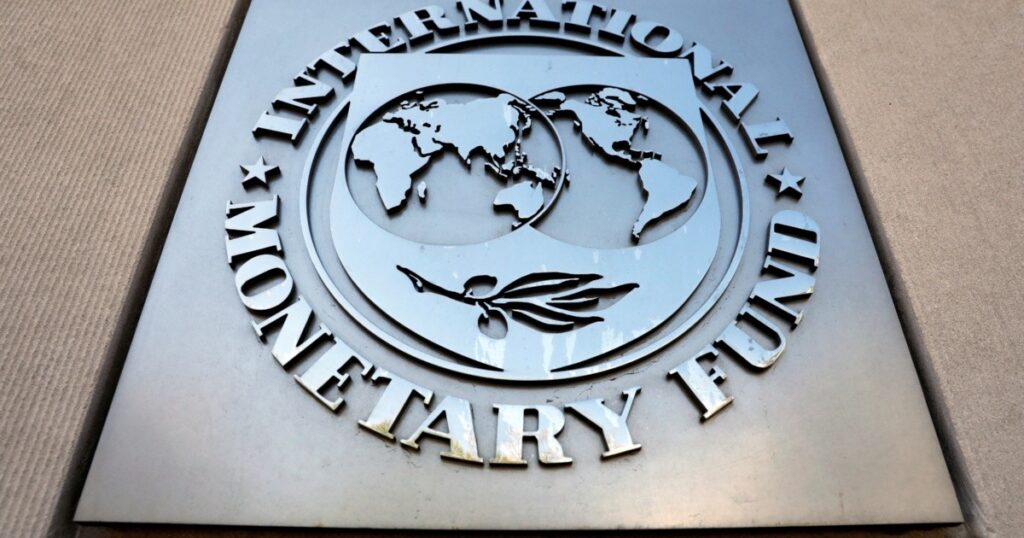The exercise of freedom of the press and freedom of expression is increasingly difficult in Latin America, where authoritarian regimes and organized crime try to silence the independent press to keep citizens uninformed, prominent journalists warned during the “Freedom of Expression” forum. press in the Americas”, carried out by the Interamerican Institute for Democracy of the International University of Florida.
“Press freedom issues are pressing across America. We are facing a bleak panorama,” described the director of the Inter-American Press Association (IAPA), Ricardo Trotti.
In countries like Mexico, Nicaragua, Venezuela and Cuba, observed with concern the murders, imprisonments and restrictions on the fundamental rights of journalists. However, they warned about the negative repercussions that the rhetoric of various governments against the independent media in the region is leaving.
“We are not talking about easy times for journalistic work, we are in one of the most difficult and challenging times,” warned the rapporteur for freedom of expression of the Inter-American Commission on Human Rights, Pedro Vaca. But this negative environment has made “the journalistic community of the Americas resilient,” he stressed.
In the opinion of the rapporteur, there is a “regressive context of freedoms in the continent”, which is manifested through “the censorship of stigmatization and the censorship of repressive regimes.” But aside from all that, “democracy cannot survive without information, without journalism,” he added.
A “double criminalization” in Nicaragua
In the case of Nicaragua, the director of CONFIDENTIALCarlos Fernando Chamorro, indicated that there is currently “a double criminalization” of the practice of journalism, since the regime of Daniel Ortega persecutes and imprisons both the reporters who report and to information sources. But, in the midst of the sociopolitical crisis that the country is going through, the independent press continues to stick to the truth and refuse to accept censorship or self-censorship.
We journalists “continue to report, although today we no longer have sources that we can cite in Nicaragua, because informing and giving opinions under a totalitarian regime is also a crime that is paid for in jail,” Chamorro warned. “Those convicted in jail are for issuing opinions, for posting opinions on social networks, for having given a statement to national and international media,” he added.
Faced with this hostile scenario in Nicaragua, “collaborative journalism” is practiced today and the greatest challenge continues to be “doing quality investigative journalism in a climate of threats and political polarization,” Chamorro said. “The only thing that defends the press from totalitarianism and official slander is credibility with our audiences,” he stressed.
Chamorro urged the international press to keep the crisis in Nicaragua on the agenda of public opinion in Latin America, since, he assessed, “it is a long-term crisis and a complex process of civil resistance” to get out of a dictatorship. The challenge for Nicaraguan journalists and the international press is: “not accept the normalization of the dictatorship and continue reporting,” he concluded.
Against independent journalism
Meanwhile, the Mexican journalist Martha Ramos, president of the Mexican Media Alliance, described that in her country “the climate of decomposition is evident” and pointed out as a “determining factor” the fact “that the powers attack journalists.”
So far in 2022, eight journalists have been murdered in Mexico and, in Ramos’ opinion, President Andrés Manuel López Obrador’s “mocking tone” against the independent press during his daily conferences makes it seem “that journalists are the enemy to defeat, It puts us in a very vulnerable situation,” he stressed.
Journalist Jorge Ramos, from the US network Univisión, also denounced that President López Obrador has created “an environment against independent journalism” and “the danger of all this is that it occurs in one of the most dangerous countries in the world to practice. the journalism”.
For the vice president of the Mexican Media Alliance and former director of the IAPA, Roberto Rock, governments throughout the region “have resorted to increasingly sophisticated mechanisms” to reduce press freedom. “They are no longer governments that imprison journalists, that burn newspapers, it is something more sophisticated,” he specified.
In Latin America, this tendency of governments to pronounce “polarization discourse, of confrontation, not only with the media but with all the actors that can represent a counterweight exercise, is very marked,” Rock warned. This rhetoric “has more subtle but equally damaging repercussions,” he concluded.















